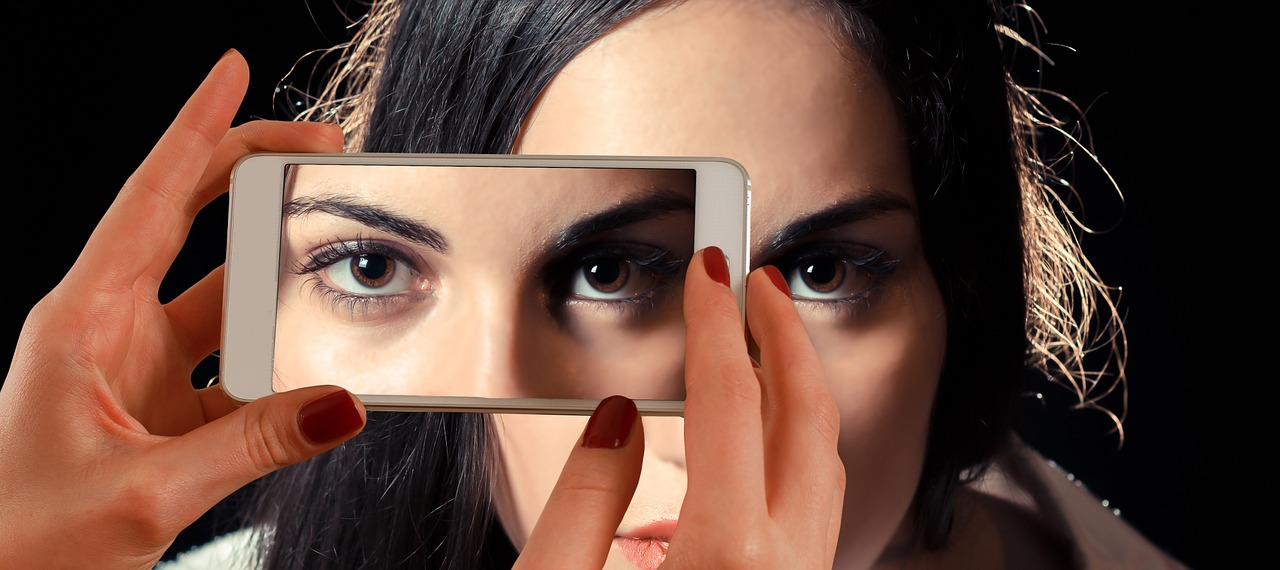
For a long time, artificial intelligence was just a concept in science fiction movies. Some of the best among them, like Terminator, showed the results of an AI gone wild. There have been many experiments over the years to make it work, but the real breakthrough came a few years ago. AI is now the hottest tech topic, becoming an integral part of our lives.
From AI-driven data analytics to making funny memes, AI has grown rapidly in the past few years. It’s incorporated in nearly any software, and even wearables and home appliances. AI-powered gadgets are shaping the future of technology, so it’s expected to see their rise in 2025 and beyond.
Artificial Intelligence in Wearables
We’ve already seen artificial intelligence make our lives—and the lives of companies—easier. For example, it has sped up mobile games development, helping software developers push titles more easily. The reason for this is automated tasks. AI can do a better job at automating various tasks, resulting in a better, faster, and bolder product.
And it’s not just mobile games. Online mobile casinos have been using it for personalized content and rewards. An artificial intelligence program can scan player habits and learn from them, coming up with offers tailored specifically to their performance and taste. It’s a powerful tool that can revolutionize the game industry across all mobile gadgets.
Wearables have become one of the primary fields where AI is implemented. Most of the phones released in the past couple of years include things such as AI photography. It selects photo modes depending on what you’re capturing, making photography much easier.
Fitness trackers have benefited from AI as well. It’s safe to say that the technology is taking them to the next level. Health and fitness metrics and performance tracking has just got much easier. Its goal is simple – to push people to their healthy limits, and make us much more active.
Health and Fitness Tracking
AI-powered wearables are already using AI technology to analyse more than just normal heart rate. Tech companies add advanced AI-powered sensors to their devices. With machine learning algorithms, tech gadgets can monitor things such as steps, heart rate, blood pressure, and even stress levels in real time.
The most advanced AI algorithms are already being used in sleep tracking. Recognizing a user’s sleep pattern and recommending optimal sleeping schedules and rise times. It helps people with sleep disorders lead a normal life, which is exactly the goal of artificial intelligence. By analysing detailed insights into their health, people can make more informed decisions into their health.
In essence, it’s a lifesaver when it comes to health performance. Another thing it can track accurately is fitness. We all lead busy lives, not having a lot of time to spend in the gym. Whether you’re working from home or hitting the gym, AI-powered fitness apps on wearables are a blessing.
For example, many apps can track performance during a workout via smartphones or wearable gadgets such as smartwatches. They can count sets, recommend upping or lowering the weight, and even recommend a set of exercises. More importantly, many of them come with advanced features such as short videos of models performing the exercises, making it easier for newbies to hit the gym.
Of course, you won’t get all the features in a free version, but AI-powered fitness apps aren’t that expensive. Plus, extra modes and annual subscriptions are often on sale, so anyone can afford them. If you’re a beginner and just started working out in a gym without a trainer, such AI apps can be of great help.
Home Automation
Another field where AI has seen a rise in gadgets is home automation. Many of you will say that’s just companies showing off. However, while these gadgets have automated programs, artificial intelligence can set various scenes in your homes if you allow it.
AI-powered home assistants can set the temperature, dim the lights, and adapt to our schedules. They can predict our needs and offer suggestions. For example, many can recommend energy-saving measures. You have to agree that it’s neat to have such an assistant, especially if you work for long hours away from home. Adjusting the lights based on our mood, or a fridge that reminds you to go to the market when groceries are running low is the future, no matter how much you deny it.
It’s the same with cleaning. AI-powered robots are already on the market. They can set optimal cleaning schedules, keeping everything neat when you’re not at home. It’s such things that make life easier, and in the future, it’ll only get better.
Privacy and Security Concerns?
Many experts have cited privacy and security concerns about the use of AI in various gadgets. In order to work properly, they need to collect data. As such, manufacturers must ensure this data is protected.
So far, AI algorithms have done a great job in terms of transparency and security. Each algorithm is transparent and free of bias. This eliminates discriminatory practices, which is essential for the public to accept AI gadgets.
The machine algorithms are constantly learning from their mistakes. They do a better job at it than humans, implementing new security measures whenever there’s a need for it. The goal of AI is to make a better world, and one of the first steps is to ensure proper handling of data and no leaks.
What Does the Future Hold?
The future of AI is bright, and so is the future of AI-powered gadgets. We’ll see more and more manufacturers join the artificial intelligence party, hopefully with smart optimizations in health, fitness, and home automation gadgets.
AI will continue to have a transformative future, changing the way we live. Of course, it’s important to consider the ethical implications of such innovation. Manufacturers must ensure that these devices enhance our lives in meaningful ways, not destroy it or make it harder. But considering the growth of this auto-evolving technology, it will certainly reshape the future of society.


